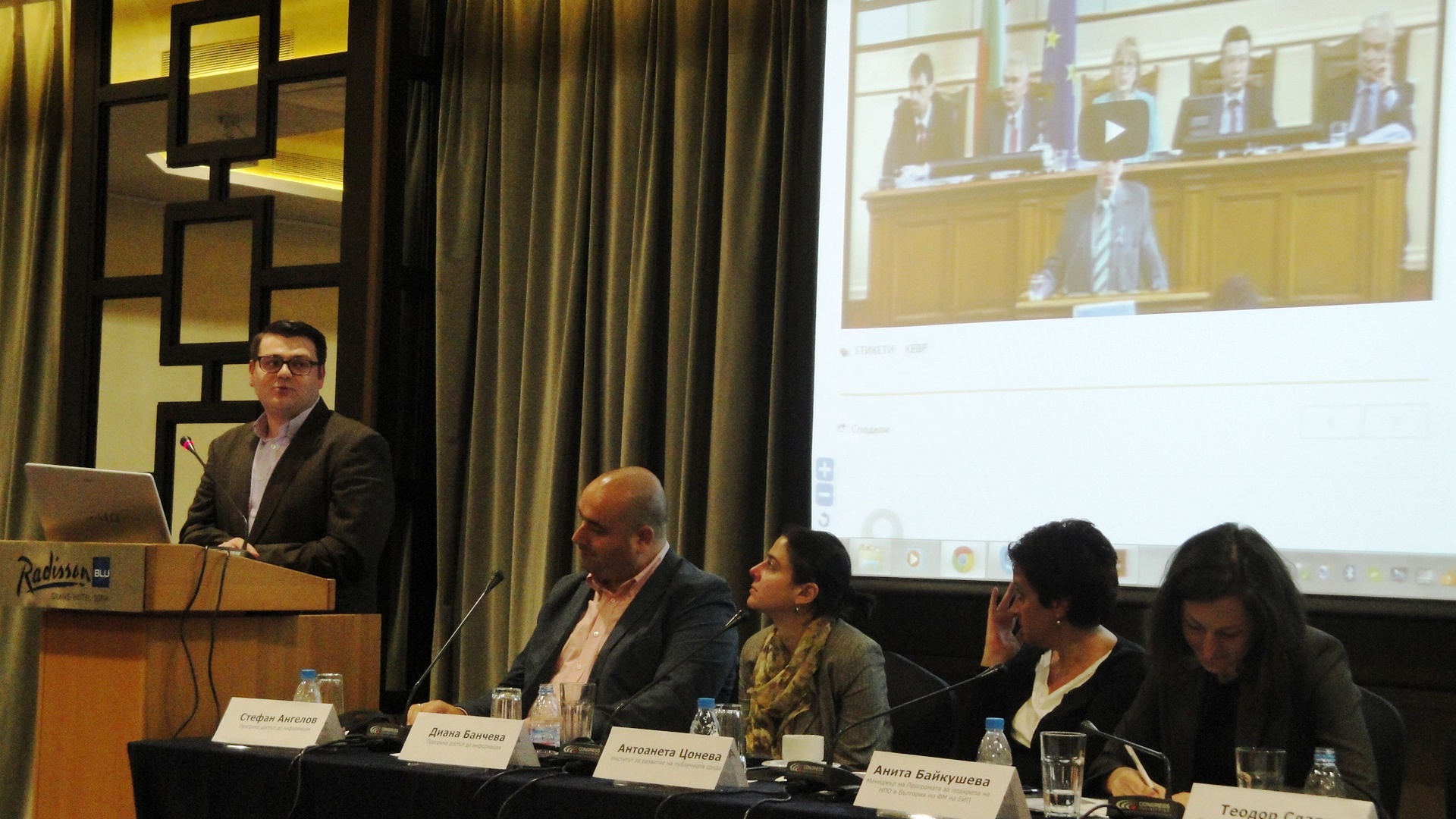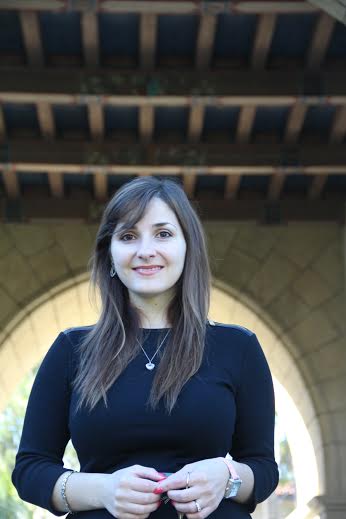The Bulgarian Parliament Is Electing National Ombudsman
On July 30th the Bulgarian Parliament will elect a National Ombudsman. The candidates are Maya Manolova, member of the Parliament, and Konstantin Penchev, current Ombudsman. Mrs. Manolova was nominated by the Parliamentary group "BSP Left Bulgaria", whereas Mr. Penchev is a nomination of the Parliamentary group of "Reformist Bloc".
Through its "Transparent Parliamentary Appointments Initiative" project BILI has created public profiles of the candidates; they are uploaded on the web-page of the Project: appointmentsboard.bg.


_(1).png)

